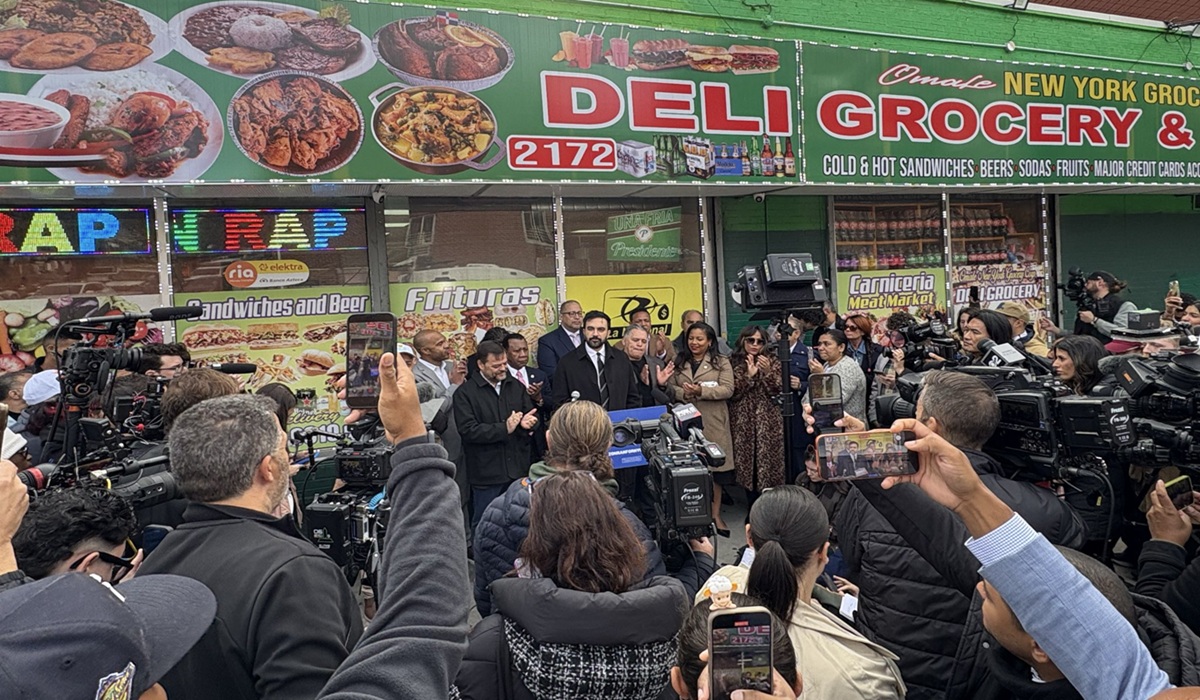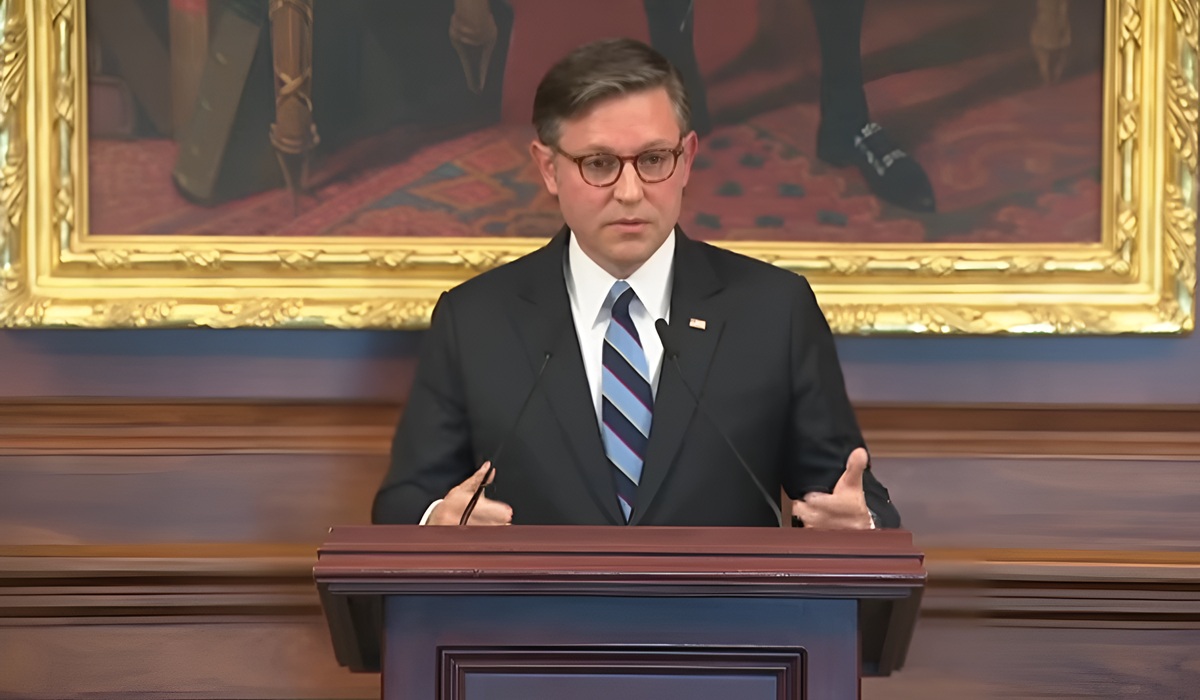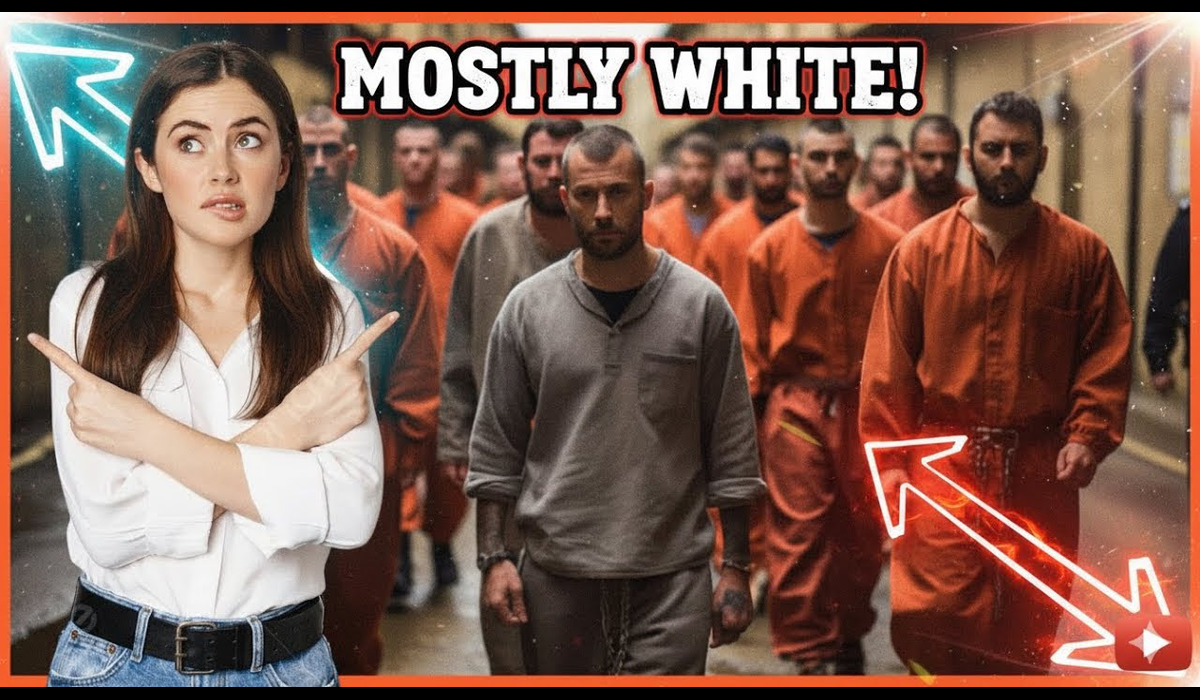Image credit, Mamdani X Feed
Zohran Mamdani is, by any standard, a rising figure in New York City politics. He was born in Kampala, Uganda, moved to New York at age 7, and has served since 2021 in the New York State Assembly. Mamdani’s campaign platform emphasises what resonates for many New Yorkers: housing, transit, cost of living, and economic pressure felt by working- and middle-class families.
His signature proposals include freezing rent on stabilized units, fare-free city buses, city-owned grocery stores, and a $30 minimum wage by 2030. The media commentary notes that his success lies in “super-clear messaging” repeating “Fast and free buses, freeze the rents, free childcare.”
Though relatively young and lacking decades of conventional political experience, Mamdani turned that into a strength: framing himself as outsider to the political machine, funded by many small donors rather than billionaires, reaching voters via Instagram and TikTok, door-knocking in overlooked districts. For immigrants and first-generation New Yorkers, his background (South Asian, Muslim, immigrant) carries symbolic weight in a city of immigrants. His campaign appears to have resonated especially with foreign-born New Yorkers and communities that feel sidelined by traditional power. A recent poll placed him ahead among foreign-born voters. His hunger strike on behalf of taxi drivers gives him credibility as someone willing to take direct action, not just make promises.
The popularity arises from a blend of substance (affordability, transit, housing), identity (immigrant, outsider) and style (social-media savvy, grassroots energy). For many New Yorkers frustrated with rising rents, crowded subways, high cost of living and perceived complacency, Mamdani offers hope of change.
Donald Trump’s opposition to Mamdani is as much symbolic as substantive, and it reflects broader ideological conflict.
Republican strategists see Mamdani as a useful foil — if he wins, Democrats have a high-profile “radical socialist” mayor of America’s largest city to point to, which could be used to mobilise conservative voters nationally.
Trump’s opposition to Mamdani is personalistic: Mamdani’s identity (Muslim, immigrant-background) and left-progressive label provoke a visceral reaction in Trump’s base. The citizenship question (Trump raising possibility of stripping Mamdani of U.S. citizenship) signals a nativist turn.
Mamdani represents both an ideological and demographic challenge to Trump’s coalition and to establishment conservative interests in New York.
Mamdani has become well-known for his strong criticism of Israeli Prime Minister Benjamin Netanyahu and his government’s conduct toward Palestinians in Gaza and the occupied territories. Some of the key points:
In October 2025 Mamdani publicly accused Netanyahu of waging a “genocidal war” in Gaza, citing 67,000 plus deaths and destruction of homes, hospitals and schools.
He has vowed that if elected mayor of New York City, he would uphold International Criminal Court arrest warrants and potentially order the arrest of Netanyahu if he visited the city.
He supports the Boycott, Divestment, and Sanctions movement against Israel, has introduced legislation prohibiting charities from donating to organisations involved with Israeli settlement activity.
In his remarks, he frames his criticism as part of a human-rights and anti-occupation agenda: he calls for the end of “occupation and apartheid.”
Mamdani’s approach to the Israel/Palestine issue is unabashedly critical of Netanyahu’s government and aligned with progressive human-rights activism. This stance is part of what distinguishes him in the New York mayoral race: he does not simply avoid foreign policy, he actively engages in it in a manner polarising to many.
At first glance it might seem counterintuitive that a candidate critical of Israel might win substantial support among New York’s Jewish community, especially given that New York hosts the largest Jewish population in the US. About 40 % of Jews or Israelis living in New York say they support Mamdani, despite his views on Israel.
Some Jewish voters interviewed say that while they don’t agree with all his stances on Israel, they are voting for him because he focuses on New York’s core issues — cost of living, transit, safety — and they see him as the only candidate speaking authentically to younger, urban Jewish progressives.
Among younger Jews the question of Israel’s policies — and the war in Gaza — has shifted. Some feel the mainstream pro-Israel stance no longer reflects their values; they prioritise social justice, climate, democracy, affordability. Mamdani’s advocacy for social services and affordability resonates.
Mamdani has emphasised that his vision of New York includes protecting Jewish New Yorkers, ramping up anti-hate-crime funding and working with Jewish communities — signalling that his stance on Israel does not mean he is hostile to Jews as a community.
Some Jewish New Yorkers may vote for him because they believe his domestic agenda is more relevant to their day-to-day lives than the foreign-policy baggage, because they identify with his progressive vision, and because they believe he will look after Jewish communal interests at home even if they disagree with him on Israel.
Mamdani’s appeal is strong but his reliability and feasibility deserve scrutiny — a citywide mayoral office is not a classroom for symbolic politics alone.
He articulates clear, popular policy proposals: rent freezes, fare-free bus service, affordable housing, universal childcare. These directly address concerns many New Yorkers face — rising cost of living, overcrowded transit, housing insecurity.
His outsider narrative and grassroots team appeal to voters disillusioned with traditional machine politics — the feeling that “nothing changes.” He offers hope.
His demographic positioning and cultural fluency (immigrant background, social-media competence) give him momentum with younger voters, first-generation immigrants and people of colour — all growing parts of NYC electorate.
Free buses, rent freezes and massive affordable housing require substantial funding. While he proposes higher taxes on corporations and millionaires, questions remain about economic impact, pushback from business, and implementation details. Analysts note many obstacles.
Critics point to his relative lack of executive experience in a city government role. In New York, the mayor must deliver on sanitation, policing, emergency services, bureaucracy — delivering “safe, clean, functioning city” remains a baseline expectation. Some moderate voters may worry that a bold progressive agenda might neglect core operations.









